
Film vs. Digital Photography is a debate that has been raging for some time in the world of photography. Both film and digital photography have their unique advantages and disadvantages. And it can be a difficult decision to make when it comes to choosing a suitable medium for a wedding.
Digital wedding photography has come a long way over the past few years. Many photographers now prefer digital cameras for wedding photography. It’s because digital offer several advantages over traditional film cameras.
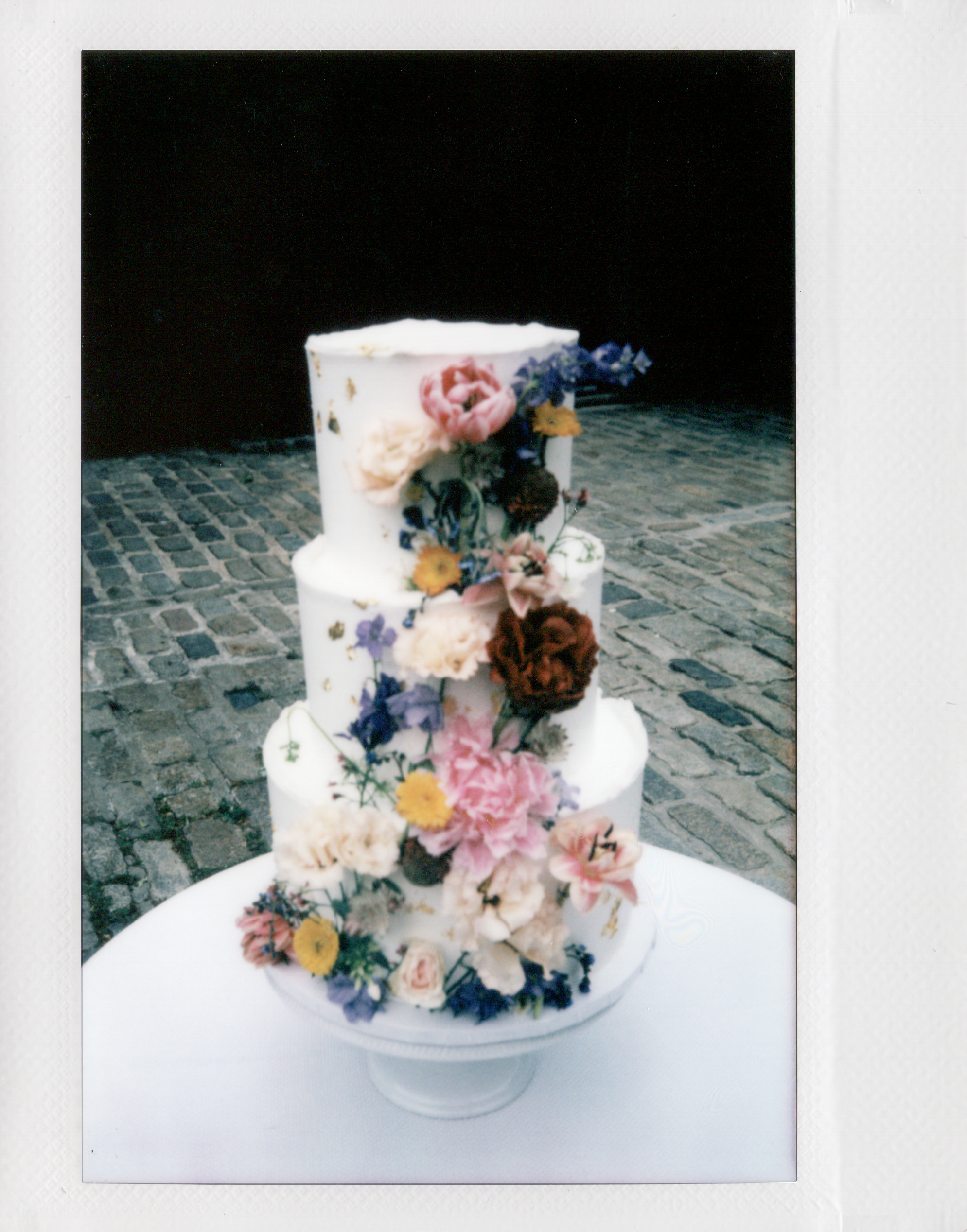
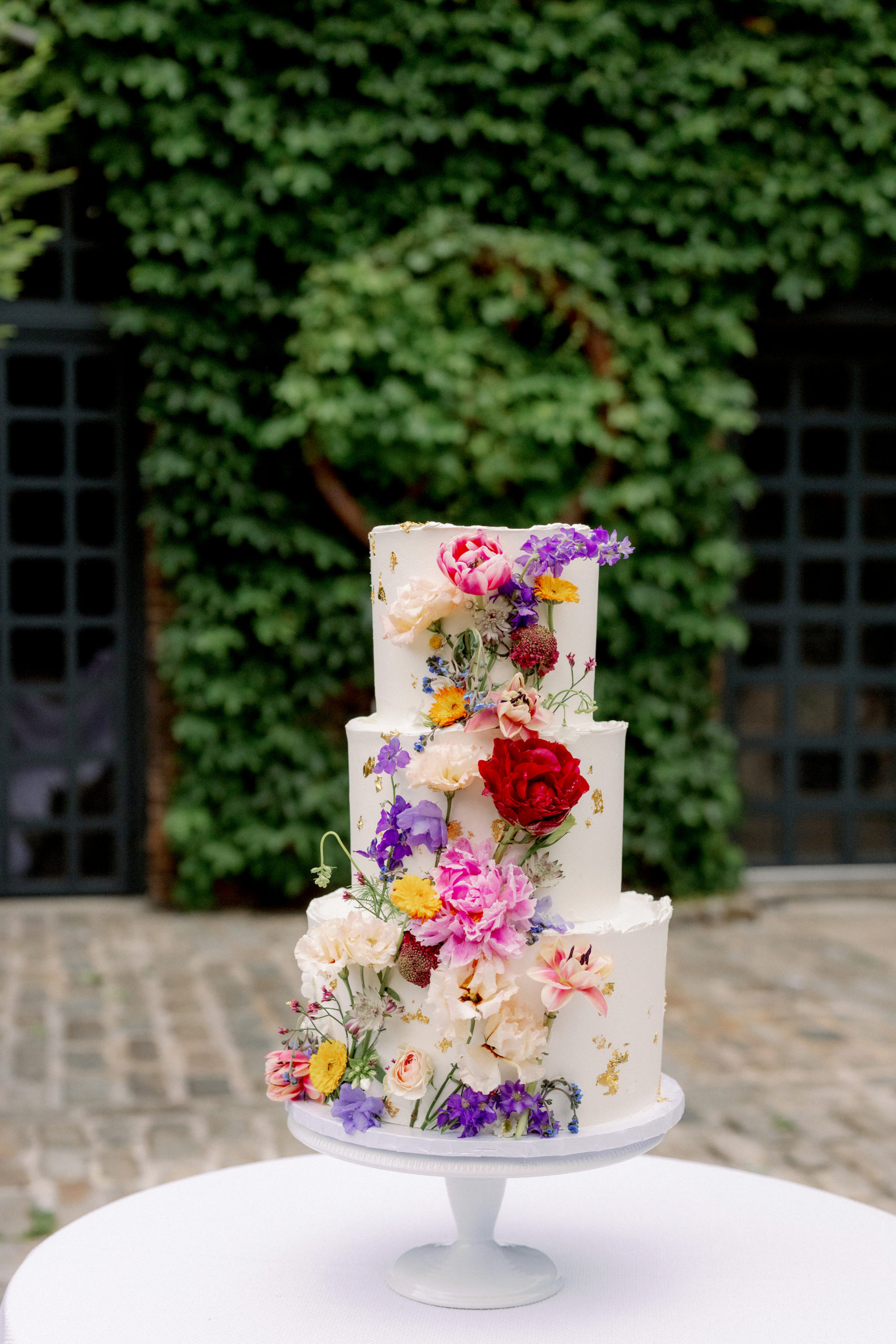
Advantages of Digital Wedding Photography
Digital cameras are more versatile than film cameras. They allow photographers to take a wide range of shots in different lighting conditions. Digital cameras also allow photographers to take multiple shots of a scene quickly. Thus, it enables them to capture moments photographers may have missed with a film camera. Digital cameras also offer a much higher resolution than film cameras.
Initially, digital cameras are typically more expensive to purchase than film cameras. But the cost of digital film (a.k.a memory cards) is much lower than that of traditional film. The cost of digital photography is much lower than that of film photography in the long run.
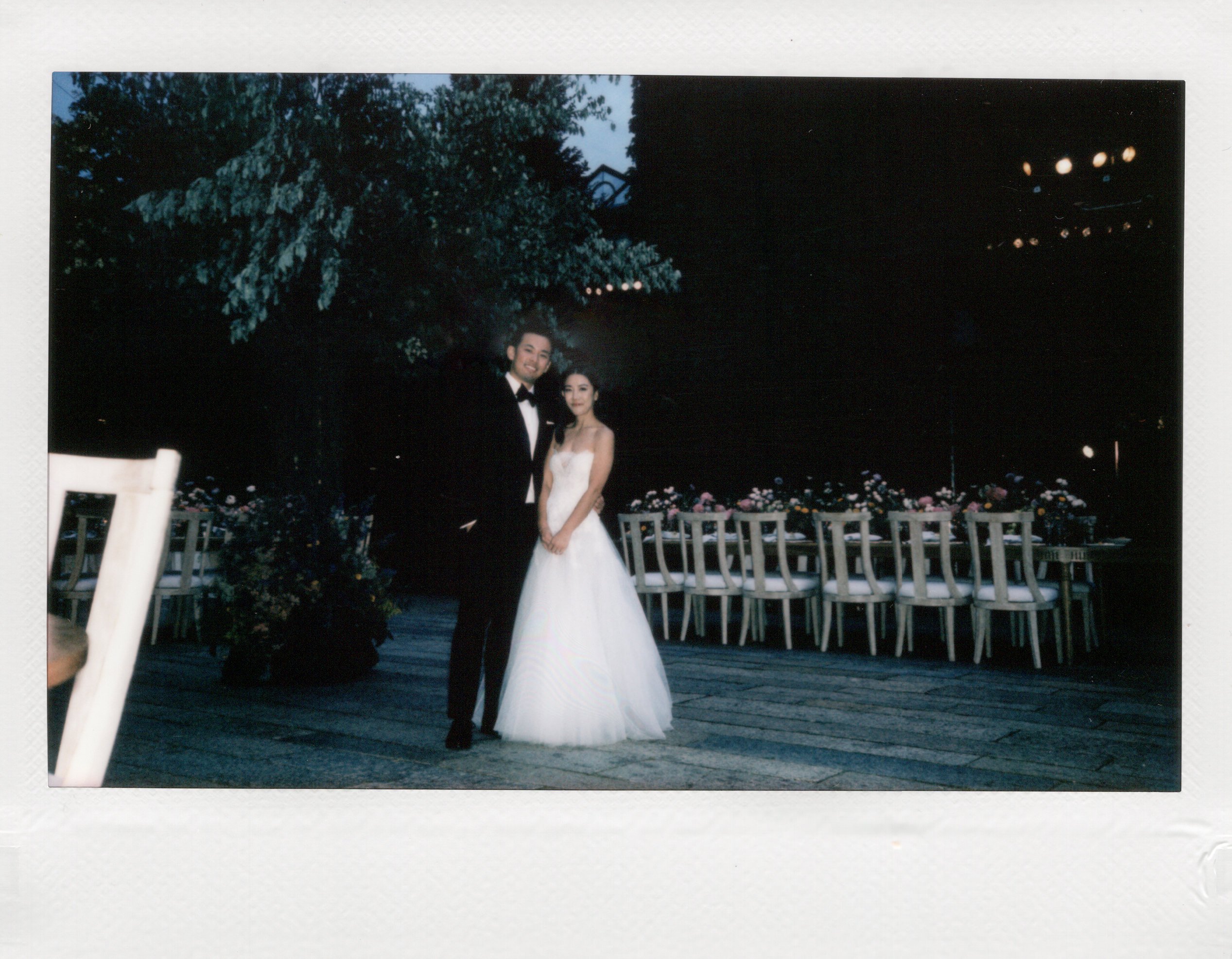
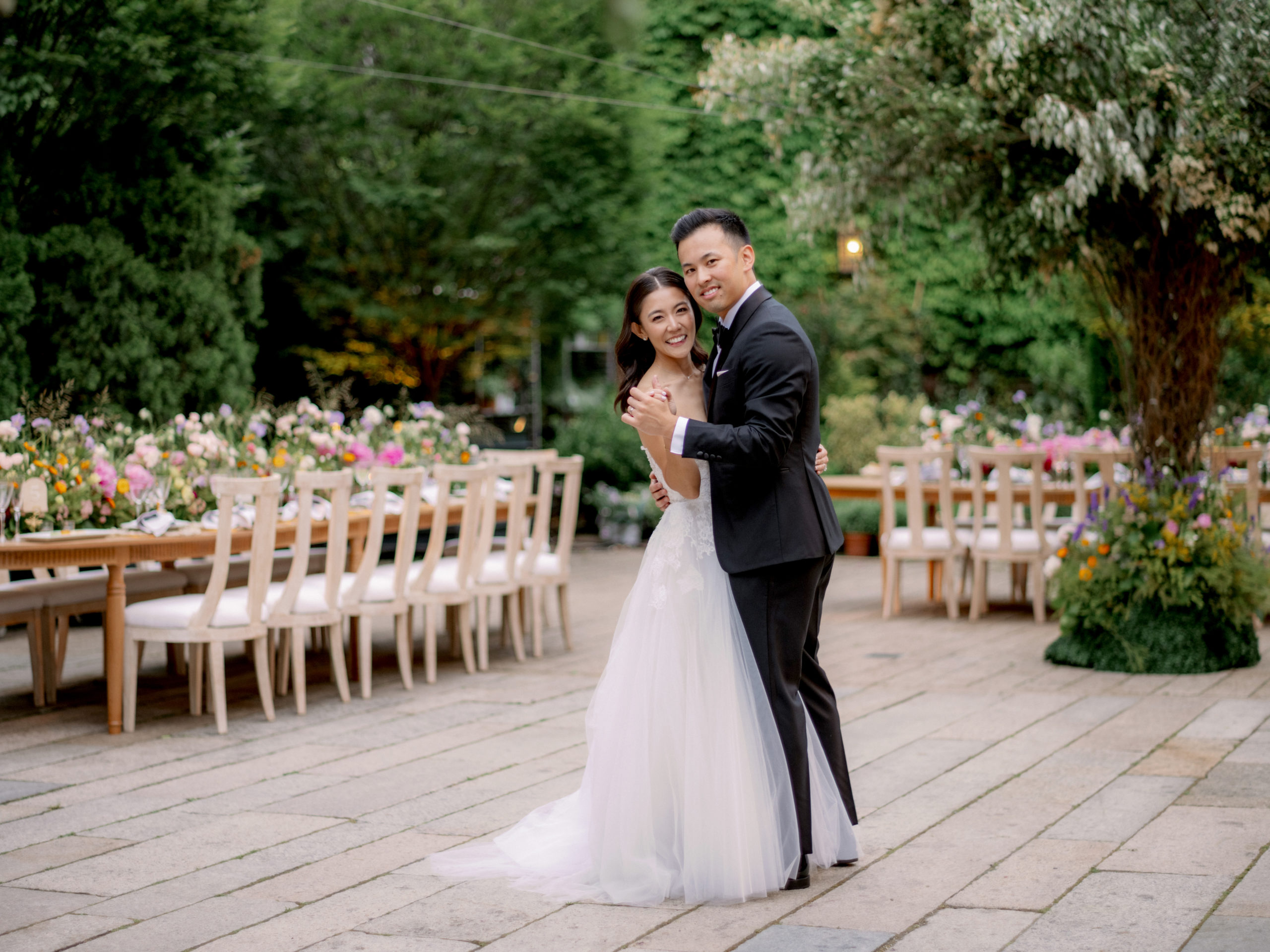
Additionally, digital images can be edited and manipulated with ease. This allows photographers to make changes to the photos right after capturing them. This is impossible with film cameras.
Another advantage of digital photography is that storing and sharing images is much easier. Digital images can be stored on memory cards or hard drives and easily shared with family and friends over social media. This is much more difficult with film cameras, as the film needs to be developed and printed before it can be viewed or shared.
However, despite the many advantages of digital photography, there are still advantages to using film cameras for wedding photography.
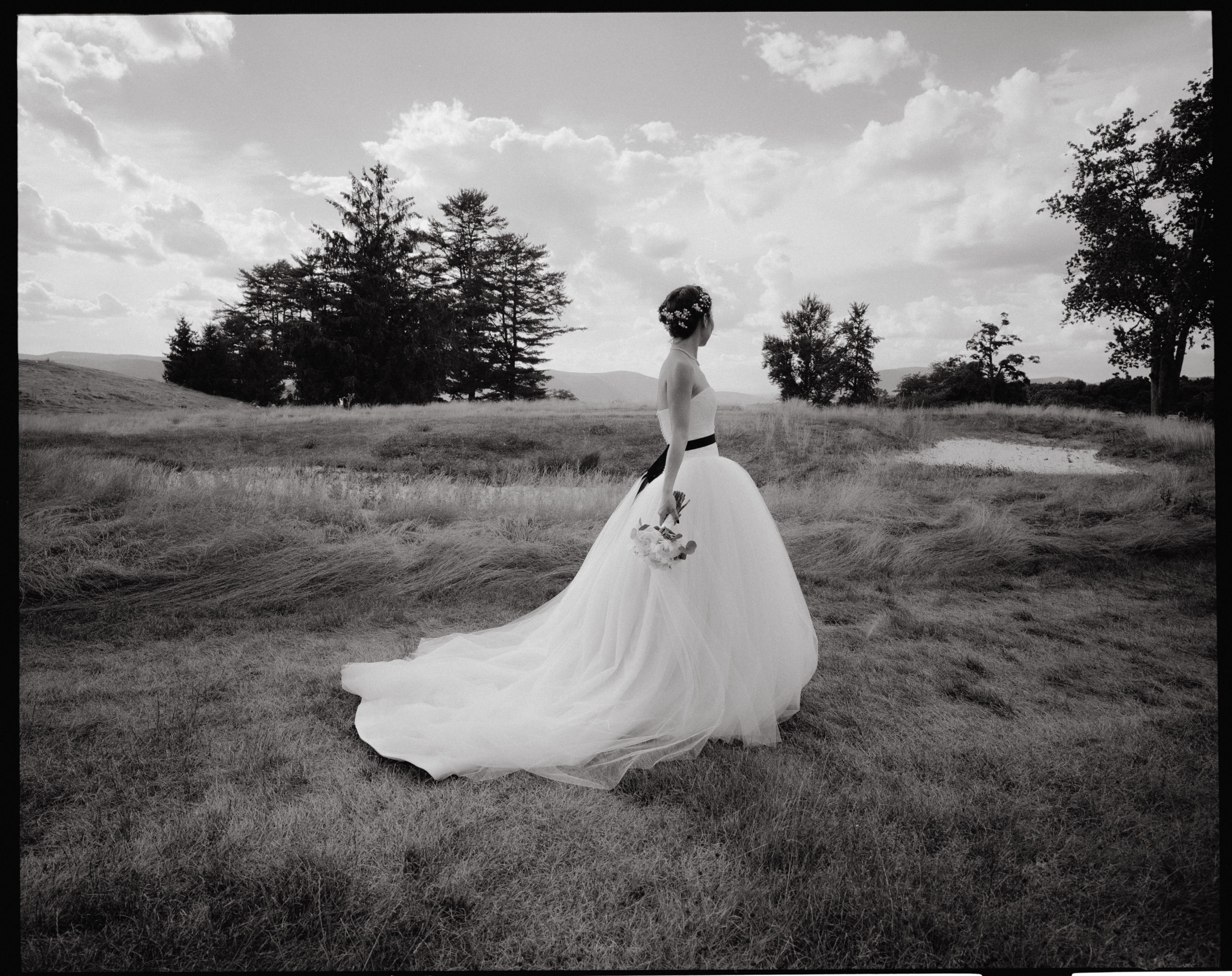
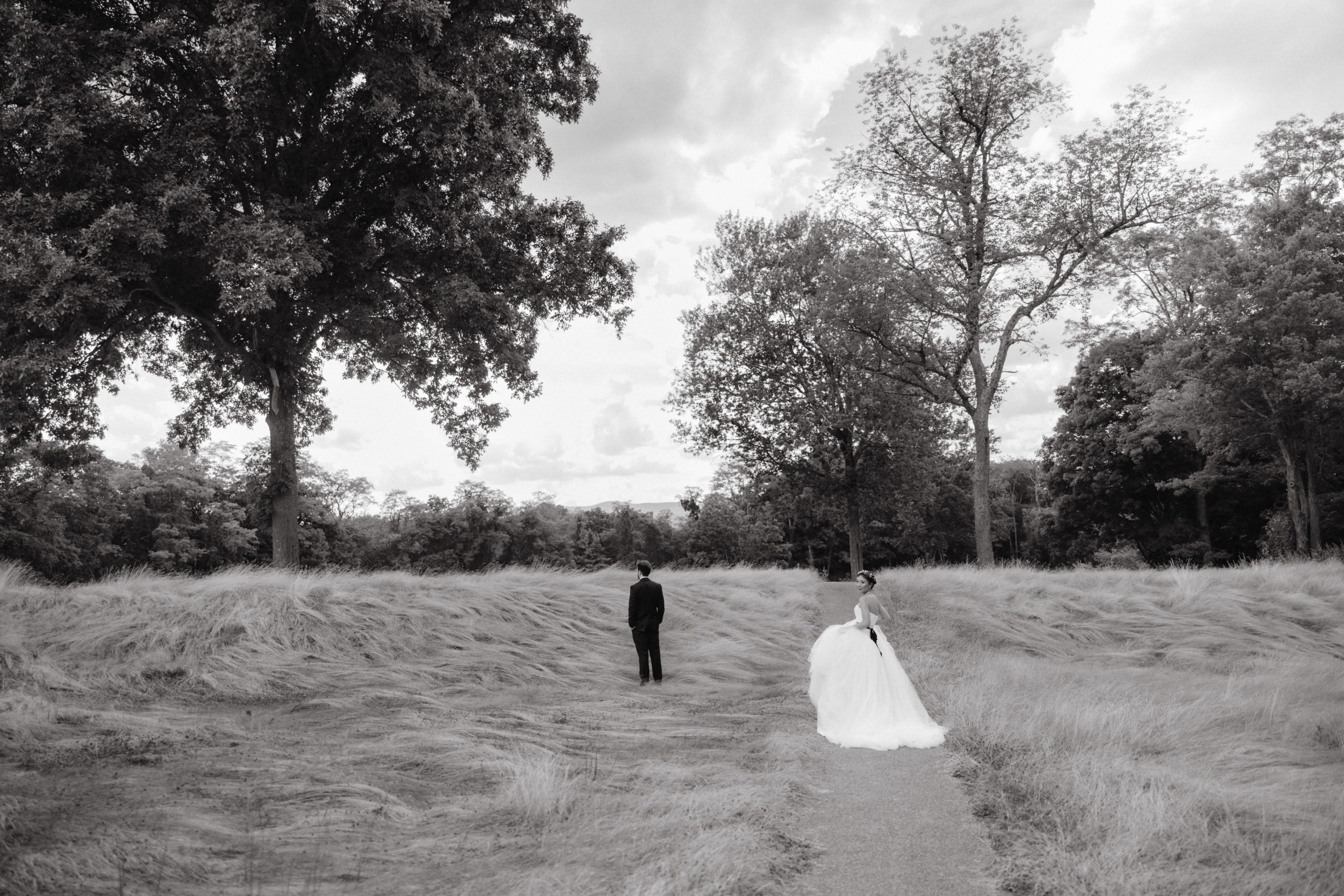
Advantages of Film Wedding Photography
One cannot deny that film photography has a certain timelessness that digital photography simply can’t replicate. It has this classic look and feel that couples really like. Couples see film photos for having a softer, more romantic look and feel. Also, film photos have a certain level of grainy texture that digital images simply can’t copy. Additionally, film photographs tend to be slightly more saturated in color, and many photographers find that they have a more organic feel to them. Also, film cameras can still capture images in low light conditions, which can be difficult for digital cameras.
Film photography has a timeless quality that digital photography cannot replicate. This means that your wedding photos will remain timeless and classic even after years have passed.
Finally, the cost of film cameras is much lower than the cost of digital cameras. This is true, at least initially. However, film can be expensive in the long run. Film cameras also require less equipment and accessories than digital cameras.
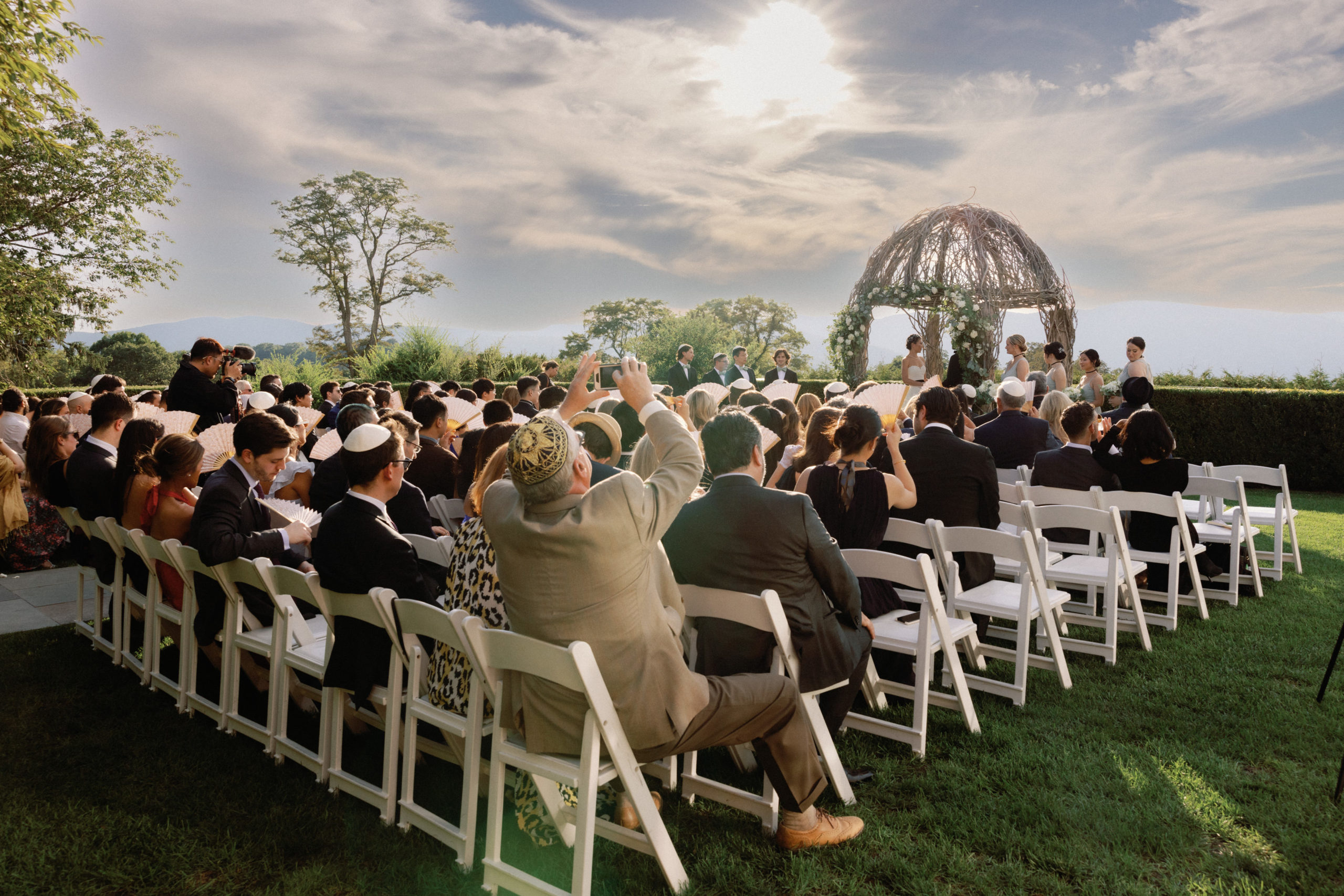
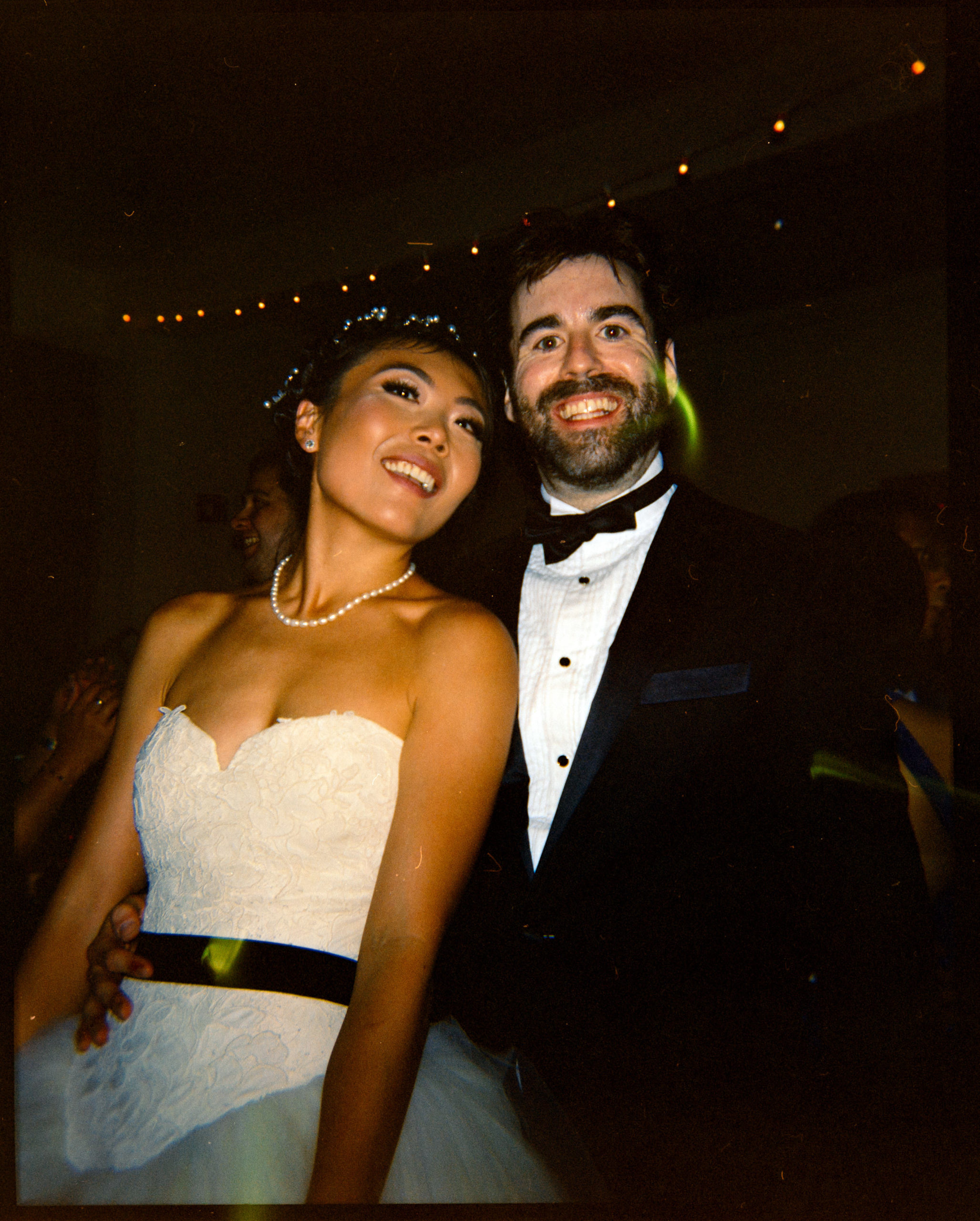
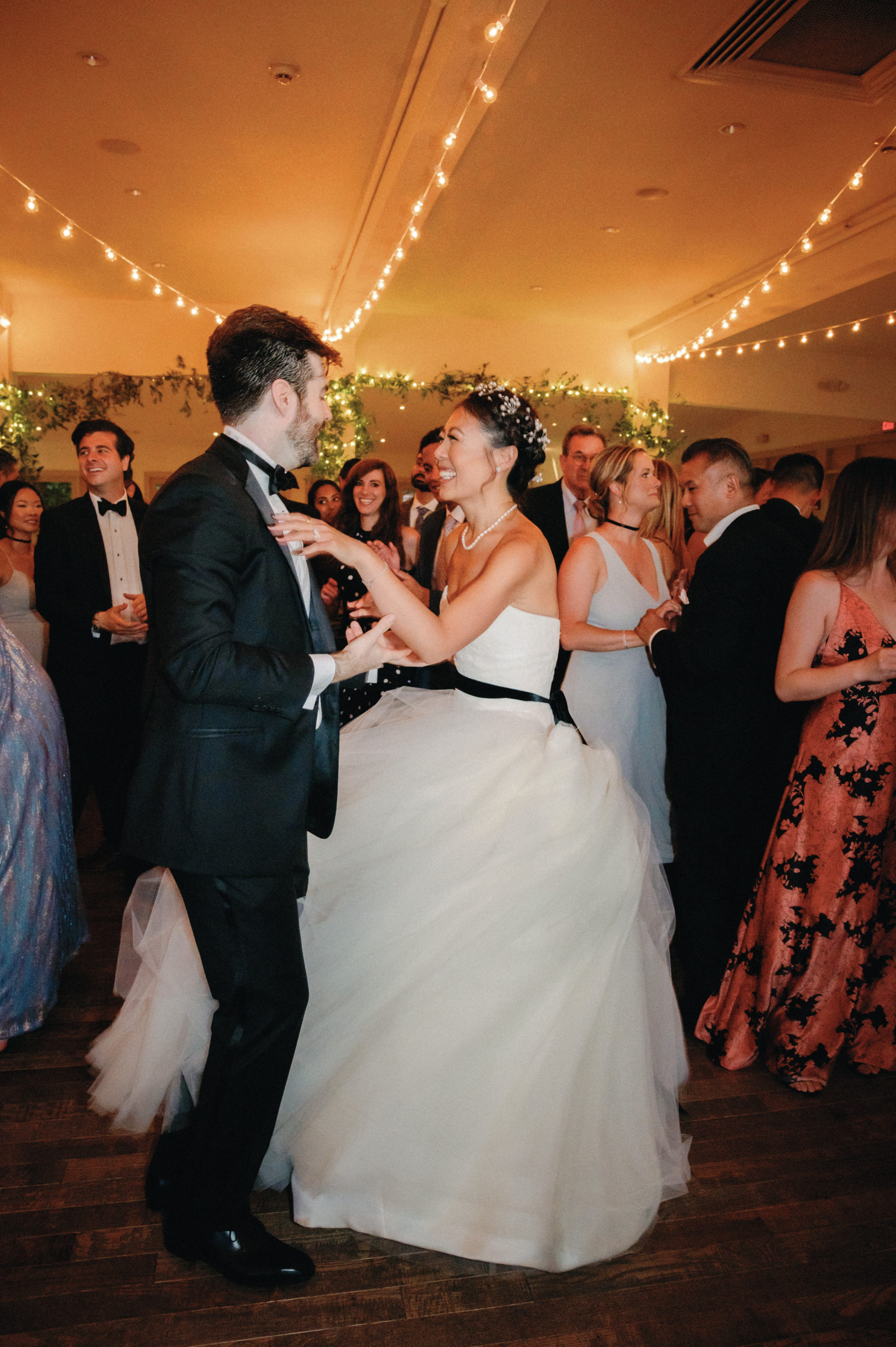
In the end, it really comes down to the personal preference of the bride and groom-to-be. Some couples prefer the classic look and feel of film photography, while others enjoy the convenience and sharpness of digital photography. When it comes to film vs. digital photography, couples should base their decision on the style and budget of the wedding. Digital photography is more versatile, cost-effective, and easier to store and share images. But film photography still offers a unique look that is truly timeless.